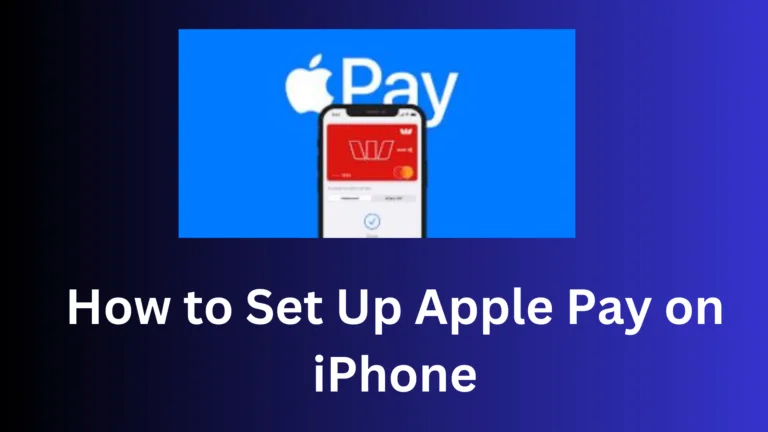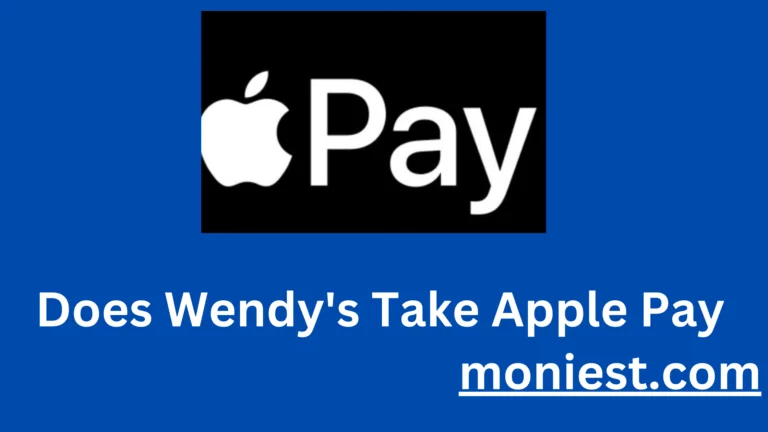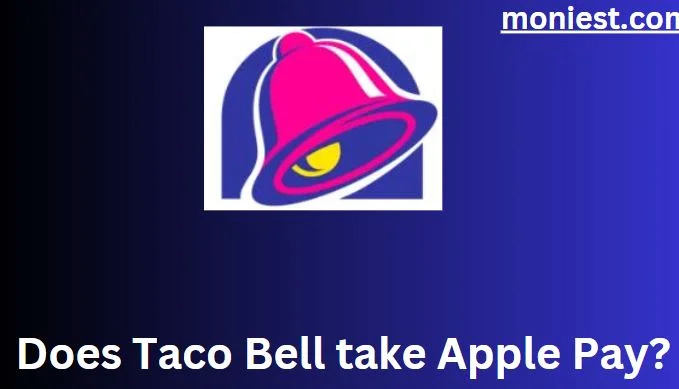Chime Vs. Cash App: Here’s a Comprehensive Comparison
Choosing the right financial app can have a significant impact on your day-to-day life. Two prominent contenders in the world of digital finance are Chime and Cash App. These platforms offer a wide array of financial services and have garnered substantial followings.
In this article, we will embark on a comprehensive journey, dissecting the differences between Chime and Cash App. Whether you’re looking for seamless mobile banking or exploring options for sending money to friends, this comparison will enable you make an informed decision tailored to your unique financial needs.
Chime Overview
Chime is a mobile banking app that offers a checking and also savings account, as well as a variety of other financial services. Chime is a neobank, which means that it does not have physical branches. Instead, it operates entirely online and through its mobile app.
Key features of Chime:
- Free checking and savings accounts: Chime does not charge any monthly maintenance fees or minimum balance requirements.
- Early direct deposit: Chime users can get their paychecks up to two days early.
- Spot Me: Chime users can borrow up to $200 from their account if they need to cover a shortfall. This money is repaid automatically when their next paycheck arrives.
- 3% APY savings account: Chime provides a high-yield savings account offering an annual percentage yield (APY) of 3%, which is notably higher than the typical APY found in regular savings account
- Credit Builder card: Chime offers a Credit Builder card that helps users build their credit history.
Cash App Overview
Cash App is a mobile payment app that allows its users to send and receive money, invest in stocks and cryptocurrencies, and buy and sell goods and services. Cash App is also a neobank, and it offers a debit card and a variety of other financial services.
Key features of Cash App:
- Free peer-to-peer payments: Cash App users can send and receive funds for free with other Cash App users.
- Investing in stocks and cryptocurrencies: Cash App users can invest in stocks and cryptocurrencies with as little as $1.
- Buying and selling goods and services: Cash App users can purchase and sell goods and services from other Cash App users, as well as from merchants who accept Cash App payments.
- Cash Card: Cash App users can get a Cash Card that can be used to withdraw cash/money from ATMs and make purchases at merchants that accept Visa cards.
Chime vs. Cash App Comparison
| Feature | Chime | Cash App |
| Banking account | Yes | Yes |
| Savings account | Yes | No |
| Early direct deposit | Yes | No |
| Spot Me | Yes | No |
| High-yield savings account | Yes | No |
| Credit Builder card | Yes | No |
| Investing in stocks and cryptocurrencies | No | Yes |
| Buying and selling goods and services | No | Yes |
| Cash Card | Yes | Yes |
Overall Comparison
Chime and Cash App are both popular mobile banking and payment apps. Chime offers a more traditional banking experience, with features like a checking and savings account, early direct deposit, and a high-yield savings account. Cash App is more focused on peer-to-peer payments and investing.
If you are looking for a mobile banking app with features like early direct deposit and a high-yield savings account, then Chime is a good choice. If you are interested in investing in stocks and cryptocurrencies, then Cash App is a better option.
Here is a more detailed comparison of some of the key features:
Early direct deposit: Chime users can get their paychecks up to two days early, while Cash App users do not offer this feature.
Spot Me: Chime users can borrow up to $200 from their account if they need to cover a shortfall. This money is repaid automatically when their next paycheck arrives. Cash App does not offer a similar feature.
High-yield savings account: Chime provides a high-yield savings account boasting a 3% annual percentage yield (APY), which stands in stark contrast to the average APY for regular savings accounts. It’s important to note that Cash App does not offer a savings account.
Investing in stocks and cryptocurrencies: Cash App users can invest in stocks and cryptocurrencies with as little as $1. Chime does not offer this feature.
Buying and selling goods and services: Cash App users can buy and sell goods and services from other Cash App users, as well as from merchants who accept Cash App payments. Chime does not offer this feature.
Cash Card: Both Chime and Cash App users can get a Cash Card that can be used to withdraw cash from ATMs and make purchases at merchants that accept Visa cards.
Chime Direct Deposit
Chime offers early direct deposit, which means that users can get their paychecks up to two days early. This is a great feature for people who are struggling to make ends meet or who need to pay bills on time.
To set up direct deposit with Chime, you can either provide your employer with a direct deposit form or let Chime handle it automatically. Chime will automatically detect your direct deposit and start releasing your funds early.
Cash App Direct Deposit
Cash App does not offer early direct deposit. Users can only receive their paychecks on their scheduled payday.
To set up direct deposit with Cash App, you can either provide your employer with a direct deposit form or link your Cash App account to your employer’s payroll system.
Can Chime be Used like Cash App?
Yes, Chime can be used like Cash App for some purposes. Both apps allow users to send and receive money, and both apps offer a Cash Card which can be used to withdraw money from ATMs and make purchases at merchants that accept Visa cards.
However, there are some key differences between Chime and Cash App. Chime offers a more traditional banking experience, with features like a checking and savings account, early direct deposit, and a high-yield savings account. Cash App is more focused on peer-to-peer payments and investing.
If you are looking for a mobile banking app with features like early direct deposit and a high-yield savings account, then Chime is a good option. If you are interested in investing in stocks and cryptocurrencies, then Cash App is a better choice.
However, if you are only interested in using the app for peer-to-peer payments and using the Cash Card, then Chime can be used like Cash App.
To send and receive money with Chime, simply open the app and select the “Send” or “Request” button. Enter the recipient’s phone number or email address and the amount of money you want to send. You can also send money to other Chime users for free instantly.
To use your Chime Cash Card, simply swipe it at a merchant that accepts Visa cards or withdraw cash from an ATM.
Who is Chimes Biggest Competitor?
Chime’s biggest competitor is Varo. Both Chime and Varo are neobanks, meaning that they are digital banks that do not have physical branches. They both offer checking and savings accounts, as well as early direct deposit and other features that are popular with young adults and millennials.
However, there are some key differences between Chime and Varo. Chime offers a high-yield savings account with an annual percentage yield (APY) of 3%, while Varo’s savings account APY is lower. Chime also offers a Spot Me feature that allows users to borrow up to $200 from their account if they need to cover a shortfall. Varo does not offer a similar feature.
Varo, on the other hand, offers a number of features that Chime does not, such as a credit builder card and a debit card that can be used to withdraw cash from Walmart stores. Varo also offers a number of educational resources about personal finance.
Overall, Chime and Varo are very similar businesses. They both offer checking and savings accounts, early direct deposit, and other features that are popular with young adults and millennials. However, there are some key differences between the two companies, such as their savings account APYs, Spot Me feature, and credit builder card.
Other competitors of Chime include:
- Discover Bank
- Revolut
- Current
- Axos Bank
- One Finance
These companies all offer similar services to Chime, such as checking and savings accounts, early direct deposit, and peer-to-peer payments. However, they may offer different features or have different target audiences.
Ultimately, the best way to choose a neobank is to compare the different offerings and choose the one that is right for you.
Conclusion
Chime and Cash App offers a unique set of features and benefits, catering to diverse financial needs.
Ultimately, the decision between Chime and Cash App hinges on your individual financial goals and preferences.
Whether you prioritize low fees, ease of use, or cutting-edge financial tools, both platforms have something valuable to offer. So, before you make your choice, consider your financial priorities, and rest assured that with either Chime or Cash App, you’re in good hands for managing your finances in the digital age.



